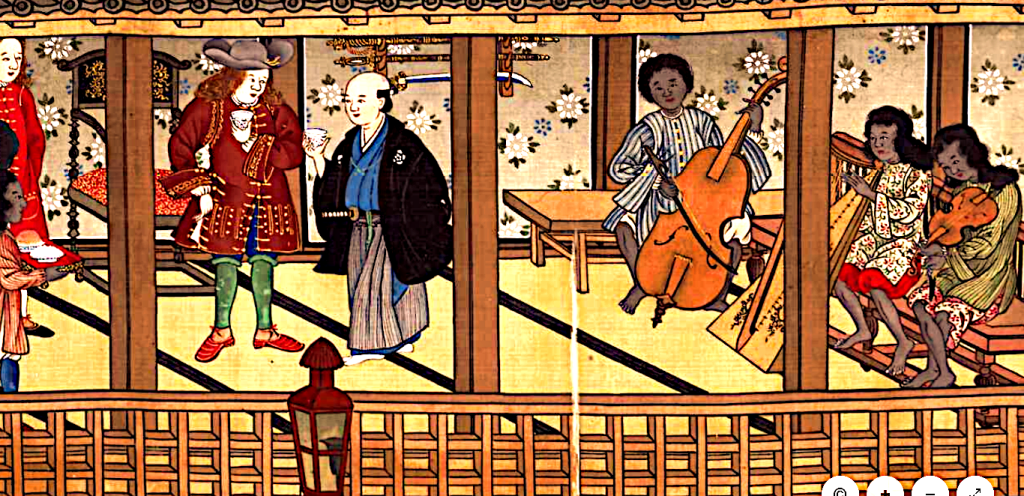There's a Byrd motet for every season and emotion, including this beauty for All Saints Day.
Black and Brown Composers in Baroque Latin America
THIS! Not only is this a fantastic introduction to these composers, the information on context is ESSENTIAL. Have a listen!
Word Painting
We've talked about word painting a tiny bit, but Early Music Sources does a fantastic job of explaining the different types!
Juana Inés de la Cruz
Joining a convent was one way to show religious devotion, and sometimes it also had the added benefit of freeing a woman from traditional roles so she could devote herself to learning, writing, irritating the men in charge, and solving music theory problems! Meet Juana Inés de la Cruz!
Chiara Margarita Cozzolani
Hildegard von Bingen wasn't the only Benedictine nun to gain renown as a composer - meet Chiara Margarita Cozzolani (or better yet, listen to one of her pieces)!
Edmond Dédé
Tired of always hearing the same Mozart, Beethoven, and Haydn works? Meet Edmond Dédé. Or better yet, program his music!
Mensural Notation
Mensural notation - why it's really not that hard, except for the parts that are! Don't have a clue what that meant? Check out this fantastic overview from Early Music Sources!
Clavicytherium
Most people are familiar with harpsichords. And we've talked about the lautenwerck before. But how about the clavicytherium?
Isabella Leonarda
Beethoven isn’t the only composer having a major anniversary year - Isabella Leonarda is as well! Don’t know who she was? Read more below and then check out this excellent video from Pacific MusicWorks! (It’s only available until the end of September)
… read more on Wikipedia…
Slave Orchestras
We often talk of musicians as "servants to art" or "serving the audience" or we point out that formal concert wear is based on servant clothing. But let's go deeper. What about the musicians who actually were enslaved?


